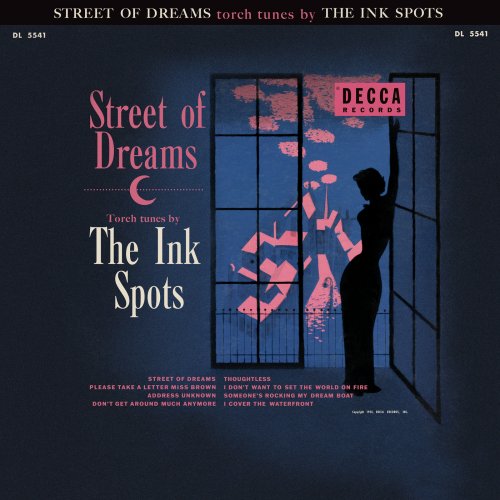Jools Holland & His Rhythm & Blues Orchestra - Hop The Wag (2000)
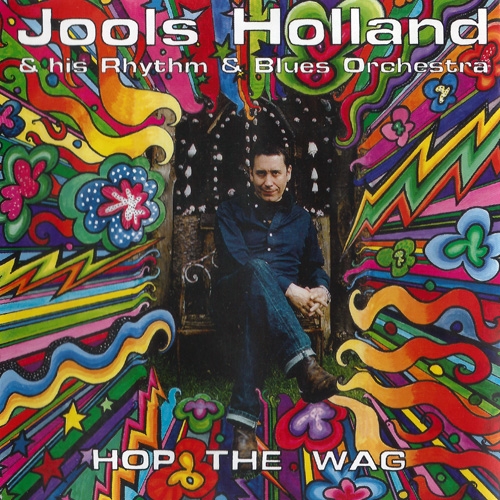
Artist: Jools Holland & His Rhythm & Blues Orchestra
Title: Hop The Wag
Year Of Release: 2000
Label: Warner Strategic Marketing
Genre: R&B, Neo Swing, Rock & Roll, Blues, Boogie-Woogie
Quality: Mp3 320 / Flac (tracks, .cue, log)
Total Time: 60:58
Total Size: 390/695 Mb (scans)
WebSite: Album Preview
Tracklist:Title: Hop The Wag
Year Of Release: 2000
Label: Warner Strategic Marketing
Genre: R&B, Neo Swing, Rock & Roll, Blues, Boogie-Woogie
Quality: Mp3 320 / Flac (tracks, .cue, log)
Total Time: 60:58
Total Size: 390/695 Mb (scans)
WebSite: Album Preview
01. Honeydripper (6:37)
02. Bloodsucker Blues (5:43)
03. T Bag Scuffle (3:25)
04. Blue Guitar (3:53)
05. It Takes A Lot To Laugh, It Takes A Train To Cry (3:56)
06. Lost Content (5:02)
07. The Way You Look Tonight (3:19)
08. I'm In The Mood For Love (3:14)
09. June Rose Lane (Pianola) (1:36)
10. Loutette (3:35)
11. Watch It Baby (2:44)
12. Don't Need No Job (2:51)
13. Hop The Wag (3:34)
14. The Blues Is A Feeling (2:59)
15. June Rose Lane (2:57)
16. Panic Attack (2:44)
17. Remember Me (2:56)
Depending on who you talk to, the irrepressible Jools Holland is best known as a blisteringly energetic, piano-pounding performer of boogie-woogie, jazz, and R&B; or as the keyboard-wizard sideman to one of the great new wave pop bands of the '70s and '80s; or as one of the U.K.'s most popular television presenters. And while any one of these accomplishments would be enough for most people, Jools Holland has managed to be all those things in his remarkable show biz career -- a career that's seen him work with almost everybody who was anybody on the U.K. or U.S. music scene from the late '70s onward.
Julian Miles Holland was born on January 24, 1958, in London. Even as a young boy, he showed a flair for the piano, learning the rudiments of boogie-woogie piano from an uncle at the age of eight. And though never possessed of a classic singing voice, young Jools quickly learned to adapt his somewhat reedy, nasal tone into an enthusiastic, cockney-ish singing style that complemented his rollicking, joyous piano playing perfectly. By his teens, he was playing for pay in clubs and pubs in South London and in London's East End. Then in 1974, while still only 16, Holland became the keyboardist for the original lineup of Squeeze, who released their first record in 1977 (the EP Packet of Three), and their first full-length album the following year. Almost immediately, the band vaulted into the upper reaches of the U.K. charts with the new wave hits "Take Me I'm Yours" and "Bang Bang" (both 1978), both of which were penned by Squeeze leaders Chris Difford and Glenn Tilbrook.
That same year, Holland released his solo debut, a 7" five-song EP called Boogie Woogie '78, which showcased his penchant for boogie-woogie, R&B, and jazz far more effectively than any of Squeeze's much more pop-oriented recordings. However, Holland stayed with Squeeze through 1980, playing keyboards on a series of classic Difford and Tilbrook-composed hit singles, including "Cool for Cats," "Up the Junction," "Another Nail in My Heart," and "Pulling Mussels (From the Shell)" (in which he laid down a memorable piano solo). Holland's occasional contributions as a composer/frontman for Squeeze were limited exclusively to B-sides or album tracks.
Finally, in 1980 Holland announced that he was leaving Squeeze on amicable terms for a full-time solo career. He emerged in 1981 as leader of Jools Holland & His Millionaires, a guitar-less sextet that included Jools on "lead vocals, keys and good ideas," as well as Pino Palladino (bass), Martin T. Deegan (drums), Mike Paice (sax), and the Fabulous Wealthy Tarts (Kim Lesley and Maz Roberts) on backing vocals. Their lone self-titled album, however, was a flop, despite production by Glyn Johns (the Rolling Stones, the Eagles, the Who, etc.) and lyrical help from Squeeze's Chris Difford. Soon after the album's release, the Millionaires disbanded, although Jools would continue to work with all of them individually throughout the rest of his solo career.
For the next few years, Holland then busied himself musically with session work for the likes of the The, and with a couple of U.K. solo singles that were eventually collected as part of the excellent U.S.-only release Jools Holland Meets Rock-a-Boogie Billy (1984). Perhaps more importantly, though, around this time Holland also secured a job as host of the seminal British music series The Tube, which presented both established stars and cutting-edge musical acts every week. A critical and popular success from the word go, The Tube made the effervescent, enthusiastic South Londoner a household name in Great Britain, and introduced a lot of great music to the world besides.
Julian Miles Holland was born on January 24, 1958, in London. Even as a young boy, he showed a flair for the piano, learning the rudiments of boogie-woogie piano from an uncle at the age of eight. And though never possessed of a classic singing voice, young Jools quickly learned to adapt his somewhat reedy, nasal tone into an enthusiastic, cockney-ish singing style that complemented his rollicking, joyous piano playing perfectly. By his teens, he was playing for pay in clubs and pubs in South London and in London's East End. Then in 1974, while still only 16, Holland became the keyboardist for the original lineup of Squeeze, who released their first record in 1977 (the EP Packet of Three), and their first full-length album the following year. Almost immediately, the band vaulted into the upper reaches of the U.K. charts with the new wave hits "Take Me I'm Yours" and "Bang Bang" (both 1978), both of which were penned by Squeeze leaders Chris Difford and Glenn Tilbrook.
That same year, Holland released his solo debut, a 7" five-song EP called Boogie Woogie '78, which showcased his penchant for boogie-woogie, R&B, and jazz far more effectively than any of Squeeze's much more pop-oriented recordings. However, Holland stayed with Squeeze through 1980, playing keyboards on a series of classic Difford and Tilbrook-composed hit singles, including "Cool for Cats," "Up the Junction," "Another Nail in My Heart," and "Pulling Mussels (From the Shell)" (in which he laid down a memorable piano solo). Holland's occasional contributions as a composer/frontman for Squeeze were limited exclusively to B-sides or album tracks.
Finally, in 1980 Holland announced that he was leaving Squeeze on amicable terms for a full-time solo career. He emerged in 1981 as leader of Jools Holland & His Millionaires, a guitar-less sextet that included Jools on "lead vocals, keys and good ideas," as well as Pino Palladino (bass), Martin T. Deegan (drums), Mike Paice (sax), and the Fabulous Wealthy Tarts (Kim Lesley and Maz Roberts) on backing vocals. Their lone self-titled album, however, was a flop, despite production by Glyn Johns (the Rolling Stones, the Eagles, the Who, etc.) and lyrical help from Squeeze's Chris Difford. Soon after the album's release, the Millionaires disbanded, although Jools would continue to work with all of them individually throughout the rest of his solo career.
For the next few years, Holland then busied himself musically with session work for the likes of the The, and with a couple of U.K. solo singles that were eventually collected as part of the excellent U.S.-only release Jools Holland Meets Rock-a-Boogie Billy (1984). Perhaps more importantly, though, around this time Holland also secured a job as host of the seminal British music series The Tube, which presented both established stars and cutting-edge musical acts every week. A critical and popular success from the word go, The Tube made the effervescent, enthusiastic South Londoner a household name in Great Britain, and introduced a lot of great music to the world besides.
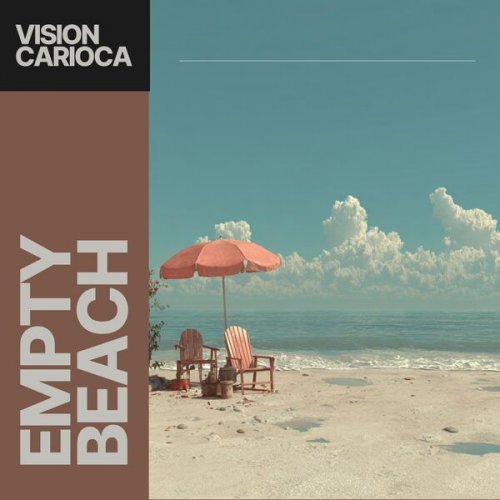
![Tom Braxton - Flashback (2026) [Hi-Res] Tom Braxton - Flashback (2026) [Hi-Res]](https://www.dibpic.com/uploads/posts/2026-02/1771426129_1.jpg)
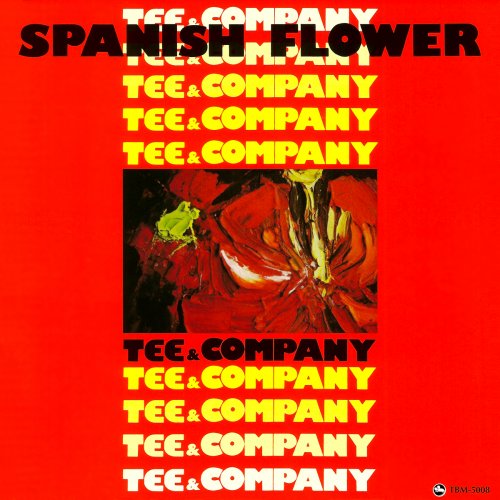
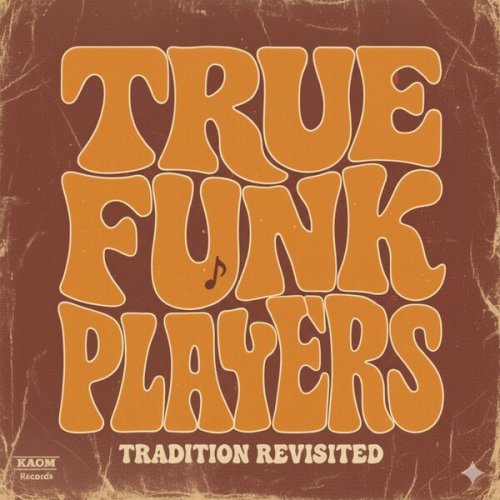
![Aaron Quinn - To Be Held (2026) [Hi-Res] Aaron Quinn - To Be Held (2026) [Hi-Res]](https://img.israbox.com/img/2026-02/20/zmwyd3pc4g0fv5hzoz5kht5h3.jpg)
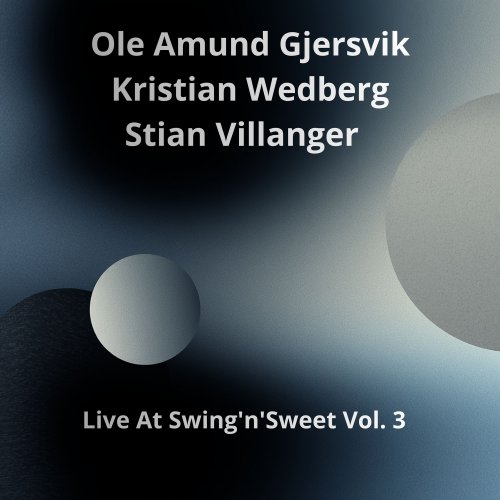
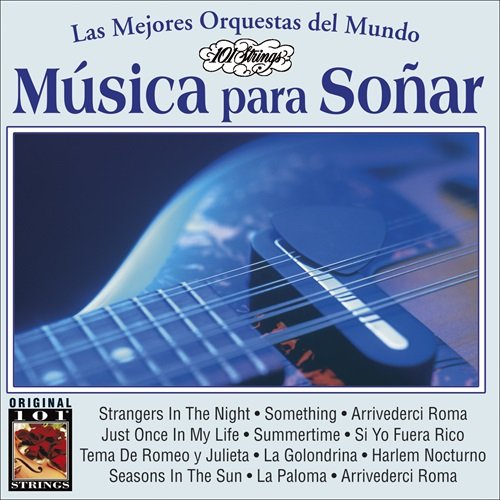
![Joe Pass - Virtuoso (1974) [2025 DSD256] Joe Pass - Virtuoso (1974) [2025 DSD256]](https://www.dibpic.com/uploads/posts/2026-02/1771609997_ff.jpg)
